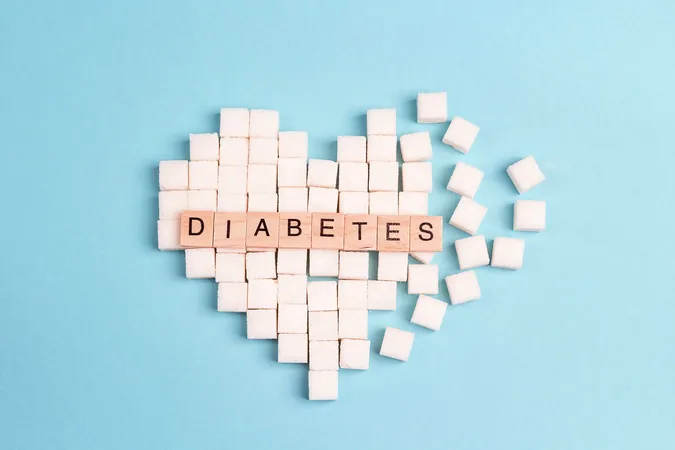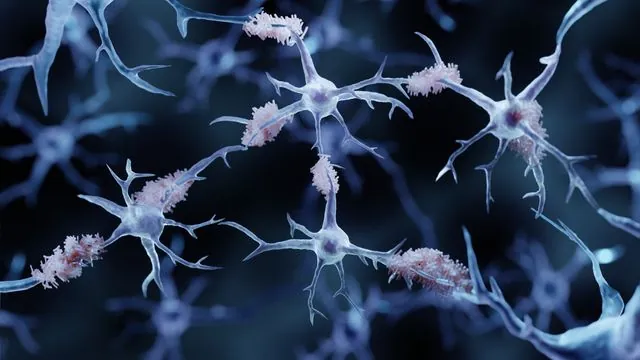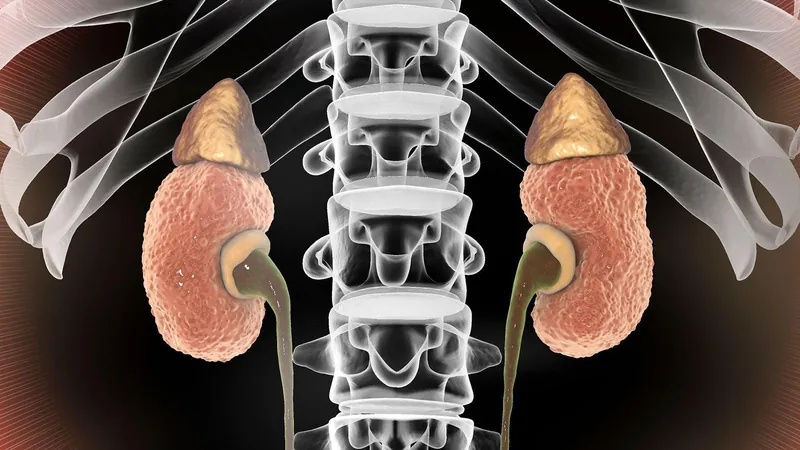
Understanding Hypoglycemia: Key Risk Factors and Effective Management for Diabetes Patients
2024-12-23
Author: Wei
Understanding Hypoglycemia: Key Risk Factors and Effective Management for Diabetes Patients
Hypoglycemia, a significant complication for individuals with diabetes, occurs when blood glucose levels drop below normal. This condition not only poses immediate physical risks but also contributes to long-term complications and increasing healthcare costs.
In a recent interview with Dr. Jennifer Goldman, a renowned expert in the field of diabetes care and a professor at the Massachusetts College of Pharmacy and Health Sciences, we explored the crucial risk factors and impacts of hypoglycemia, as well as strategies for effective management.
What Are the Main Risk Factors?
Dr. Goldman identified several key risk factors that contribute to hypoglycemia. Primarily, medication use—specifically insulin and sulfonylureas—plays a significant role when dosages are mismanaged. Another critical aspect is the impaired awareness of hypoglycemia that can develop after repeated episodes, which diminishes a person's ability to recognize early warning signs.
Dietary habits greatly influence blood glucose levels, and issues such as skipping meals or not consuming enough carbohydrates can lead to dangerous drops in glucose. Moreover, erratic meal patterns and food insecurity further compound the risk.
Physical activity, especially unplanned or increased exertion without proper dietary adjustments, also presents a heightened risk of hypoglycemia. The consumption of alcohol should not be overlooked, as it can inhibit the liver's ability to produce glucose, causing delayed hypoglycemic reactions.
Advanced age is another factor, particularly for those over 75, who may have cognitive impairments such as dementia. Additionally, individuals with renal or hepatic impairments face greater risks due to slower drug metabolism.
The Serious Consequences of Hypoglycemia
The immediate symptoms of hypoglycemia can include dizziness, confusion, sweating, rapid heartbeat, and in severe cases, seizures or loss of consciousness. Long-term consequences extend beyond the immediate physical symptoms, leading to hypoglycemia unawareness, increased risk of cognitive decline, and elevated chances of life-threatening cardiac arrhythmias.
Furthermore, hypoglycemia imposes economic burdens, including absenteeism from work and reduced productivity. Emergency medical interventions and hospitalizations related to hypoglycemia can strain healthcare systems, with severe untreated episodes leading to irreversible complications or even death.
Dr. Goldman shares a personal touch, recalling a dear friend who passed away due to severe hypoglycemia, emphasizing the emotional toll this condition can take on both patients and their families.
What Can Education Programs Do?
To empower patients and caregivers in managing hypoglycemia, education programs should focus on several critical areas. Firstly, preparedness is vital—patients should always have fast-acting carbohydrates and glucagon readily available.
Consistency in medication dosing, meal scheduling, and balancing carbohydrate intake with physical activity is essential. Education on recognizing symptoms of hypoglycemia is crucial, alongside strategies for self-monitoring and the use of continuous glucose monitors.
Moreover, creating an action plan for timely administration of quick-acting glucose or glucagon is key, as is recognizing varying degrees of hypoglycemia and understanding that glucagon should not be reserved solely for severe cases of unconsciousness.
Caregivers, family members, and coworkers should also be trained in the use and location of glucagon, helping to create a supportive environment for those at risk. It's critical to encourage open dialogue with healthcare providers, ensuring that any hypoglycemic episodes are communicated for proper medication adjustments.
In Conclusion
With the prevalence of diabetes on the rise, understanding hypoglycemia—its risks, impacts, and management—is more critical than ever. Education can bridge the gap between awareness and effective action, helping patients live safely and confidently while managing their diabetes. As Dr. Goldman emphasizes, community support and informed action plans can significantly improve outcomes for those affected by this condition.
By focusing on preparation, communication, and education, we can work toward reducing the devastating impact of hypoglycemia on individuals and families grappling with diabetes.


 Brasil (PT)
Brasil (PT)
 Canada (EN)
Canada (EN)
 Chile (ES)
Chile (ES)
 España (ES)
España (ES)
 France (FR)
France (FR)
 Hong Kong (EN)
Hong Kong (EN)
 Italia (IT)
Italia (IT)
 日本 (JA)
日本 (JA)
 Magyarország (HU)
Magyarország (HU)
 Norge (NO)
Norge (NO)
 Polska (PL)
Polska (PL)
 Schweiz (DE)
Schweiz (DE)
 Singapore (EN)
Singapore (EN)
 Sverige (SV)
Sverige (SV)
 Suomi (FI)
Suomi (FI)
 Türkiye (TR)
Türkiye (TR)